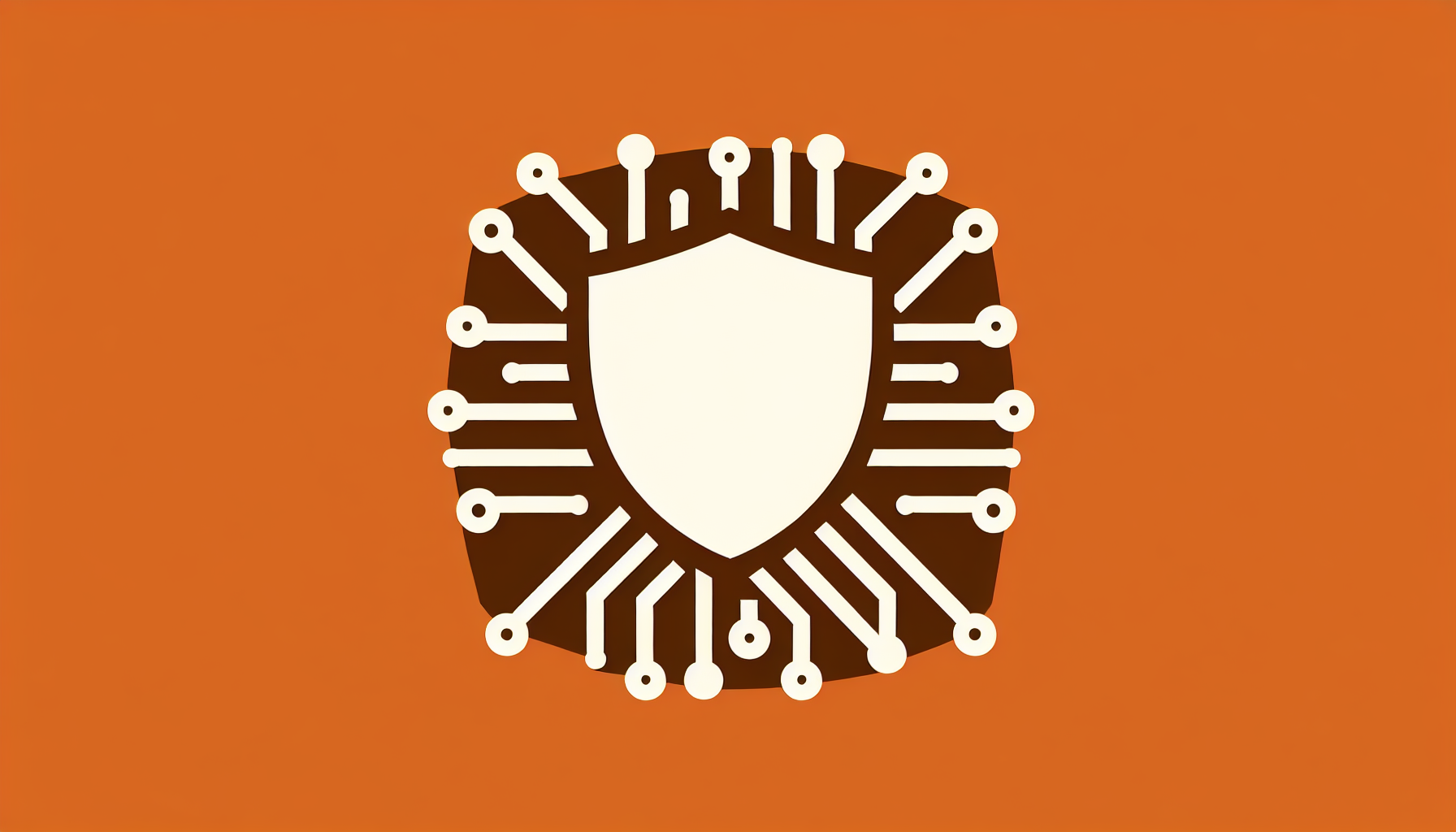
Cyber Law Insights: Understand Breach Notification
The Importance of Cyber Law in the Digital Age
The growing dependence on technology in the digital age has made cyber law all the more important. Cyber law deals with the legal issues related to the use of the internet and information and communication technology. It dictates how people and organizations should use digital technology and the internet. It is essential in:
- Protecting information in cyberspace
- Upholding data privacy
- Preventing cybercrimes
Cyber law covers a wide range of subjects concerning online commerce, intellectual property, data protection, and more. It is pivotal in addressing unauthorized access to electronic data, identity theft, and the invasion of privacy. In simple terms, cyber law ensures that the online world is safe and reliable, promoting trust in electronic interactions. It acts as a legal backbone, regulating e-commerce, online communications, and data protection. As technology advances, so too will the complexity of cyber law, overcoming contemporary and emerging digital challenges.
Overviewing Breach Notification
One key element of cybersecurity-related law and compliance is breach notification. This is a legal requirement after a security incident where an organization’s sensitive data is compromised.
- Definition: Breach notification refers to notifying affected individuals or authorities about a data breach.
- Importance: It promotes transparency and accountability among organizations handling personal information.
- Compliance: Laws such as GDPR and CCPA outline specific timeframes and processes for notification.
- Consequences of Non-Compliance: Failure to comply can result in severe penalties and reputational harm.
- Notice Exemption: Some laws exempt organizations from notifying affected individuals if the data was encrypted or otherwise made unintelligible to unauthorized persons.
By familiarizing themselves with and adhering to breach notification laws, organizations can reduce legal risk and assure consumers about the integrity of their data.
Legal Framework and Cyber Laws
The legal framework in the modern digital era is fundamental for:
- Protecting sensitive information
- Ensuring organizations meet adequate security standards
- Serving as a barrier against potential data losses and financial risks
Key Regulations:
- GDPR: Requires organizations to alert relevant authorities of a data breach within 72 hours.
- HIPAA: Imposes cybersecurity obligations on health organizations to notify patients and authorities.
- Gramm-Leach-Bliley Act: Emphasizes safeguarding consumer information in the financial domain.
Organizations need a solid cybersecurity program and incident response strategy to avoid severe fines. Regulations must adapt continuously to effectively address transforming cyber threats.
Covered Entities and Exemptions
Understanding which entities are covered and what exemptions exist is vital for compliance.
- Covered Entity: The person or organization subject to certain standards, laws, or regulations (e.g., HIPAA-covered entities).
- Exemptions: Entities might be exempt from notifying affected individuals under certain conditions (e.g., data breach doesn’t risk individual harm, strong security measures are in place).
Companies should assess their status and legal obligations to reduce the risk and impact of data breaches.
Developing an Effective Cybersecurity Program
An effective cybersecurity program is crucial in protecting an organization’s digital assets. Key steps include:
- Conducting a Risk Assessment: Identify vulnerabilities and cybersecurity needs specific to the business.
- Developing Cybersecurity Policies: Clearly articulate procedures and standards for everyone in the organization.
- Ensuring Compliance: Align with recognized standards (e.g., ISO/IEC 27001, NIST Cybersecurity Framework).
- Training the Workforce: Regular training to raise awareness about new cybersecurity threats.
- Updating and Monitoring: Continuously update systems and monitor cybersecurity measures.
A strong cybersecurity program enhances long-term resilience and readiness against new digital threats.
In a world heavily reliant on digital networks, understanding cyber laws is inevitable. For law students, a practical understanding is essential for resolving legal issues in an era of globalization and e-commerce. As technology evolves, continuous learning about the legal ramifications is crucial to avoid information theft and maintain confidence in legal systems. Stay informed about cyber laws and remain at the forefront of legal minds.
